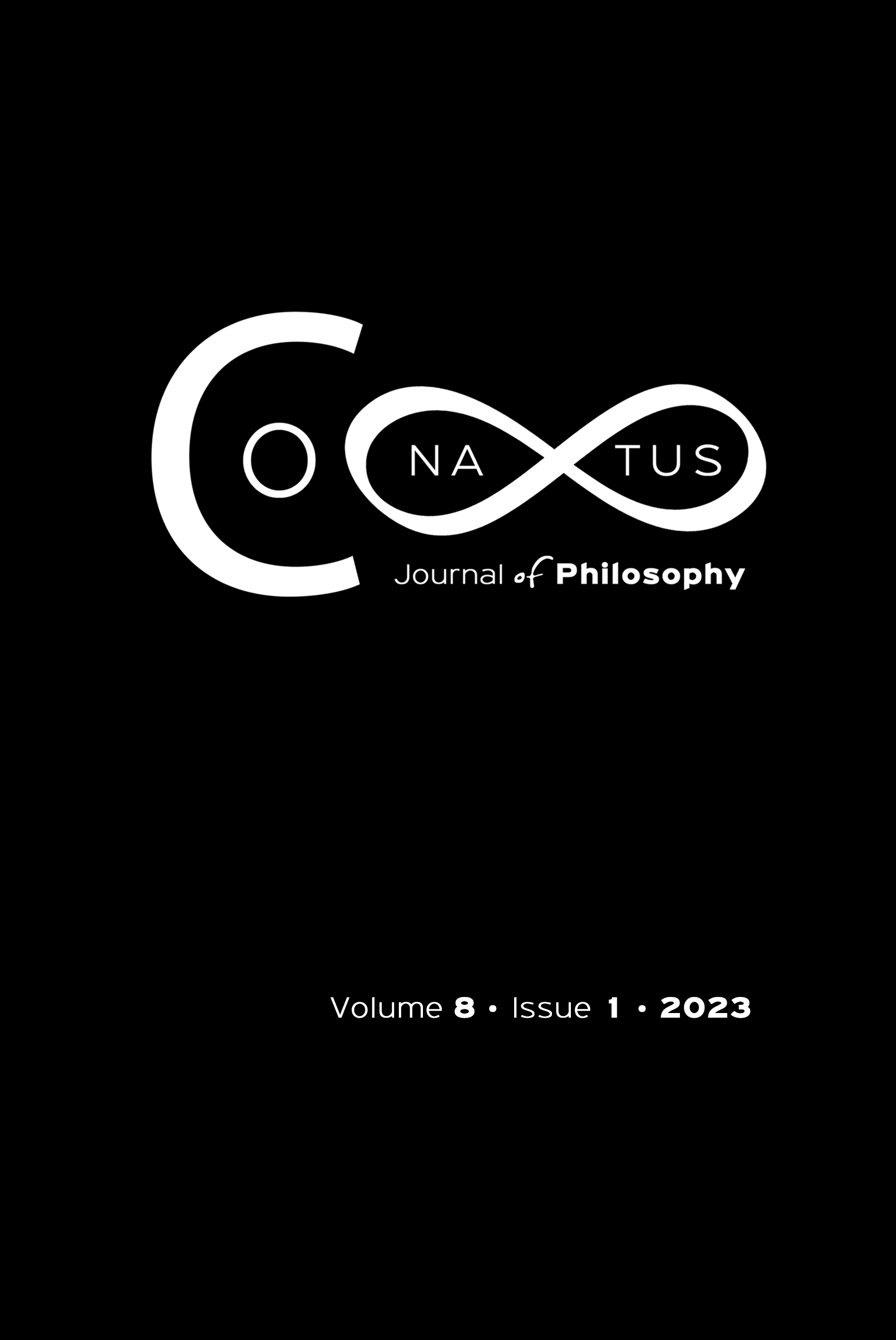Contemporary Epistemology of Nationalism: Faltering Foundationalism Contrasted with Holistic Coherentism

Abstract
This inquiry examines the structure of knowledge of nationalism. While numerous studies on nationalism focus on the nature and defining elements of nations, this research explores nationalism discourse from a purely epistemological viewpoint and asks two overarching questions: what are the constitutive beliefs in these various theories and how are they structured? The first section outlines a contemporary foundationalist argument and analyzes two widely accepted theories of nationalism from this theory of knowledge. The study finds that the linear constraints of a foundationalist approach, resting on the existence of non-inferentially justified beliefs, provide a weak framework for understanding the knowledge structures of nationalism. No single element alone can be deemed to be a sufficient basic belief of nationalism that is self-justified. The second part of this research utilizes contemporary coherence theory to assess the interconnected beliefs embedded in nationalism. Examining several theories of nationalism which arguably adopt coherentism, this particular theory of knowledge is shown to provide a more holistic approach. The study concludes that the very definition of nationalism incorporates interconnected beliefs and ideas about ideology, ethnic basis, shared culture and history, as well as unity and autonomy which imply a befitting epistemological refocus away from foundationalism and towards coherentism.
Article Details
- How to Cite
-
Prokic, U. (2023). Contemporary Epistemology of Nationalism:: Faltering Foundationalism Contrasted with Holistic Coherentism . Conatus - Journal of Philosophy, 8(1), 285–302. https://doi.org/10.12681/cjp.31074
- Section
- Articles

This work is licensed under a Creative Commons Attribution-NonCommercial 4.0 International License.
Authors who publish with this journal agree to the following terms:
Authors retain copyright and grant the journal right of first publication with the work simultaneously licensed under a Creative Commons Attribution Non-Commercial International License (CC BY-NC 4.0) that allows others to share the work with an acknowledgement of the work's authorship and initial publication in this journal.
Authors are able to enter into separate, additional contractual arrangements for the non-exclusive distribution of the journal's published version of the work (e.g. post it to an institutional repository or publish it in a book), with an acknowledgement of its initial publication in this journal.
Authors are permitted and encouraged to post their work online (preferably in institutional repositories or on their website) prior to and during the submission process, as it can lead to productive exchanges, as well as earlier and greater citation of published work.





